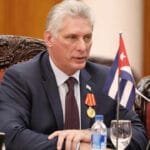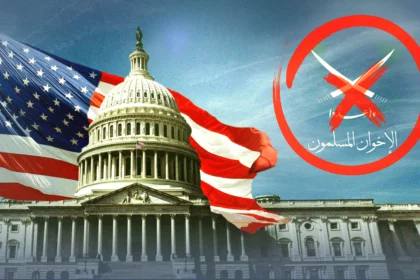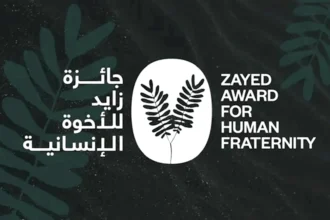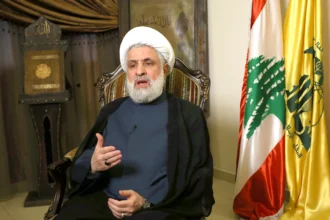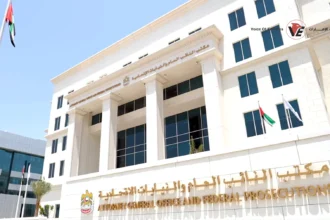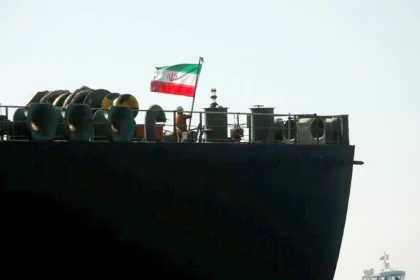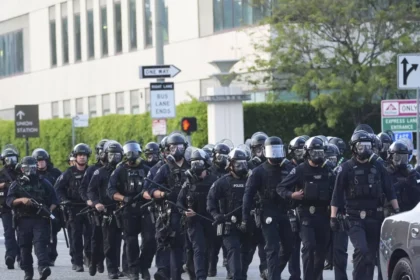New York, United States – Iranian Foreign Minister Abbas Araghchi met with his Venezuelan counterpart, Ivan Eduardo Gil Pinto, in New York on the sidelines of the 80th session of the United Nations General Assembly. They discussed ways to strengthen bilateral relations and coordinate positions on international challenges.
Strengthening bilateral cooperation
The two ministers expressed satisfaction with the stable level of relations between Tehran and Caracas. They affirmed the determination of the two countries’ leaderships to develop cooperation in the fields of politics, economy, and trade. This development serves the interests of both peoples.
Rejection of unilateral policies and foreign interventions
During the meeting, the two sides discussed regional developments in the Caribbean and West Asia, warning of the repercussions of unilateral policies and approaches that violate international law.
The Iranian foreign minister condemned what he described as “US interventionist policies” in the Caribbean region. He reiterated his country’s support for Venezuela’s sovereignty and territorial integrity. He also affirmed Iran’s full solidarity with the Caracas government in the face of external pressure.
Nuclear energy and legitimate rights
For his part, the Venezuelan Foreign Minister emphasized the rights of all member states of the Nuclear Non-Proliferation Treaty (NPT), stating that they have the right to utilize nuclear energy for peaceful purposes. He also denounced the pressure exerted on Iran by the United States and some European countries.
Gaza at the heart of the talks
In a joint statement, the two ministers strongly condemned the ongoing massacres in Gaza. They held the United States responsible for its “complicity and direct participation in them.” They called on the international community to take urgent action to stop what they considered a “genocide.” They demanded that the perpetrators and their supporters be held accountable.
With this meeting, Iran and Venezuela renewed their alignment in the face of Western pressure. Meanwhile, coordination between the two countries continues to strengthen the presence of an axis opposed to unilateral policies in international forums.







